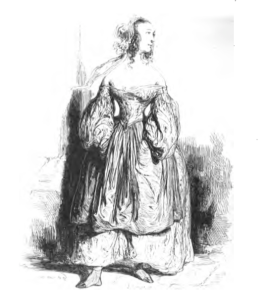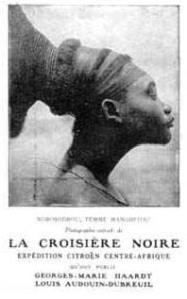 This book project examines the concept of "experimental" American literature in the period 1880-1950. While there exist a number of studies that seek to correlate literature with the history of science, I seek to do so specifically by looking at a category of literature that we already call experimental, which is, I would argue, historical rather than purely formal. The book argues that experimental literature as we currently conceive it has its genesis in the late nineteenth century and is primarily concerned with producing and verifying knowledge. In contrast with studies that have focused on the physical sciences and mathematics in particular, this book project argues that experimental literature draws principally on sciences whose status as experimental was both highly dubious and in flux. While the biological and social sciences were overhauling themselves to become experimental, or to develop meaningful analogues to experiment (for example, fieldwork in anthropology), they altered what it meant to be experimental and widened the scope of scientificity, allowing authors to appropriate and interrogate scientific discourses in unprecedented ways.
This book project examines the concept of "experimental" American literature in the period 1880-1950. While there exist a number of studies that seek to correlate literature with the history of science, I seek to do so specifically by looking at a category of literature that we already call experimental, which is, I would argue, historical rather than purely formal. The book argues that experimental literature as we currently conceive it has its genesis in the late nineteenth century and is primarily concerned with producing and verifying knowledge. In contrast with studies that have focused on the physical sciences and mathematics in particular, this book project argues that experimental literature draws principally on sciences whose status as experimental was both highly dubious and in flux. While the biological and social sciences were overhauling themselves to become experimental, or to develop meaningful analogues to experiment (for example, fieldwork in anthropology), they altered what it meant to be experimental and widened the scope of scientificity, allowing authors to appropriate and interrogate scientific discourses in unprecedented ways. In the sciences, we often think of experiment as being defined by method, while in literature we tend to define experiment through form. I suggest that neither of these definitions gives us the flexibility or power we need to understand what's really going on in this period. Instead, I turn to Lorraine Daston and Peter Galison's concept of "epistemic virtues," ideals like objectivity and precision that underlie both method and form. I therefore examine discreteness in works by Stephen Crane, objectivity in works by Gertrude Stein, precision in poems by Marianne Moore, and presence in William Carlos Williams's Paterson. My focus on epistemic virtues brings into relief the ethical subtext that often attends discussions of literary experiment and reveals historical and formal continuities between naturalist fiction and modernist poetry that are rarely examined.
In the sciences, we often think of experiment as being defined by method, while in literature we tend to define experiment through form. I suggest that neither of these definitions gives us the flexibility or power we need to understand what's really going on in this period. Instead, I turn to Lorraine Daston and Peter Galison's concept of "epistemic virtues," ideals like objectivity and precision that underlie both method and form. I therefore examine discreteness in works by Stephen Crane, objectivity in works by Gertrude Stein, precision in poems by Marianne Moore, and presence in William Carlos Williams's Paterson. My focus on epistemic virtues brings into relief the ethical subtext that often attends discussions of literary experiment and reveals historical and formal continuities between naturalist fiction and modernist poetry that are rarely examined.[-back-]